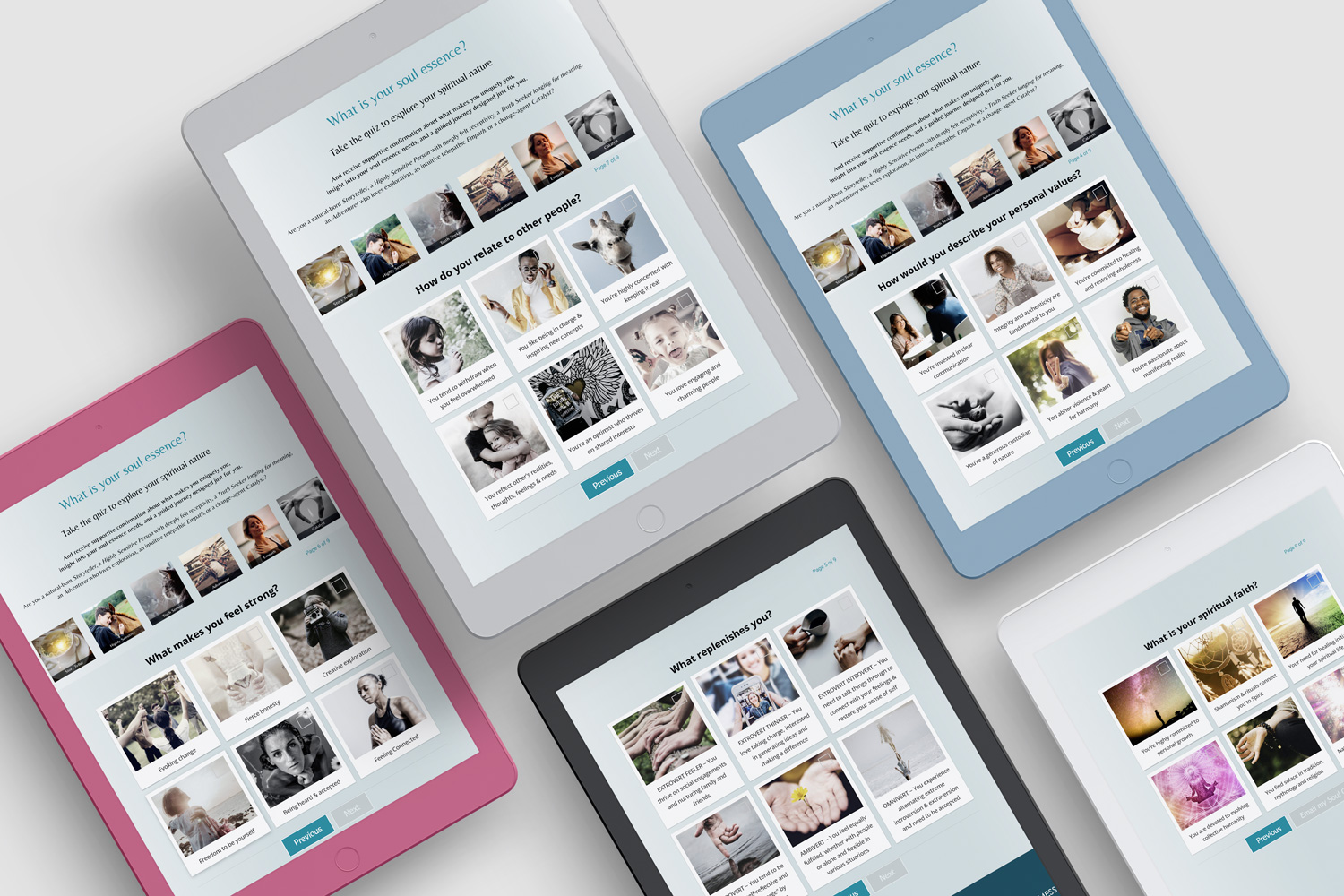Strategic guessing is common practice in a multiple-choice quiz. The good news is that multiple choice quizzes are a micro-learning tool, even if they aren’t great for accurate assessment.
First, I would recommend multiple-choice only for self-testing. If the test doesn’t matter, the participant doesn’t bother to cheat, and uses the quiz for its intended purpose.
Second, even if the participant DOES cheat by checking with Google, they are actually still learning! By researching the answers, they are more likely to remember. That’s why a quiz should always include the top 3 “takeaways” for learners.
Third, getting a question WRONG is a memory booster, so don’t stress if you see low scores. Humans hate failing, and often a student will remember something they got wrong, more than something that was correct.
Finally, if you really want to assess accurately, multiple choice isn’t the method to use. It only tests RECOGNITION of a solution, not an understanding of how, when and why.
Techniques that improve testing
Some techniques and technology tools that improve the accuracy of multiple choice.
Randomize Answer Choices
Randomize the order of answer choices to prevent participants from recognizing patterns or sharing answer sequences.
Randomize Question Order
Shuffle the order of questions for each quiz attempt to make it more difficult for participants to share answers.
Use Question Pools
Create a larger pool of questions than needed for each quiz, and randomly select a subset of questions for each participant. This reduces the chance of participants sharing specific questions and answers.
Set Time Limits
Time limits for completing individual questions or the quiz as a whole, will discourage the use of external resources or discussing answers with others.
Give feedback immediately
People remember immediate feedback, as they get the question wrong. This is also an opportuinity to keep the learner motivated, or provide additional information on the reason WHY the answer was right. Make this a learning experience, even if they guessed! Feedback given at the end of the quiz doesn’t link the correct question/answer combination in the learner’s memory.
Going back and changing answers?
Can the learner go back and check and correct their answers? Can they miss a question and go back to it. This might lead to inaccurate assessment results BUT better memorability so being able to jump around the quiz is great for self-testing.
There is a way to work around later questions giving answers to earlier questions, but still allow a little freedom to reconsider an answer. Group related questions on one page, but don’t allow learners to return to previous pages.
Multiple attempts?
Can the learner try again? If you can build in an enforced time delay, this is a good way to boost morale AND improve memorability. If you allow attempts to be approved by the instructor, make sure it’s a fair and transparent process.
Use Multimedia
Images, diagrams, and audio clips make it harder to search for answers online.
Monitor Participation
Require participants to join a live video call.
Identification Verification
Require participants to log in with their credentials.
Ask questions clearly
Avoid phrasing questions or answers with negatives that can be misunderstood. You are not testing grammar and vocabulary.
Add Conditional Questions
If the participant gets a question wrong, provide a second, slightly different phrasing to see if the wrong answer was about grammar or knowledge.
Monitor and Analyze Results
Review quiz results for questions that are consistently wrong. Perhaps the wording is confusing.
Educate Participants
During the learning phase, talk about effective study strategies and test-taking techniques to encourage honest effort and preparation.
Promote Academic Integrity
Clearly communicate expectations regarding academic integrity and the consequences of cheating.
Provide resources and support to help participants succeed honestly.
To sum up…
When I help clients with their technical learning knowledgebase, I also assist with quizzes and other forms of assessment. I help you:
- identify questions that link to key learning outcomes,
- phrase questions and answers unambiguously, considering DEI and plain language
- build the quiz including designing multimedia and
- test conditionals and feedback.

